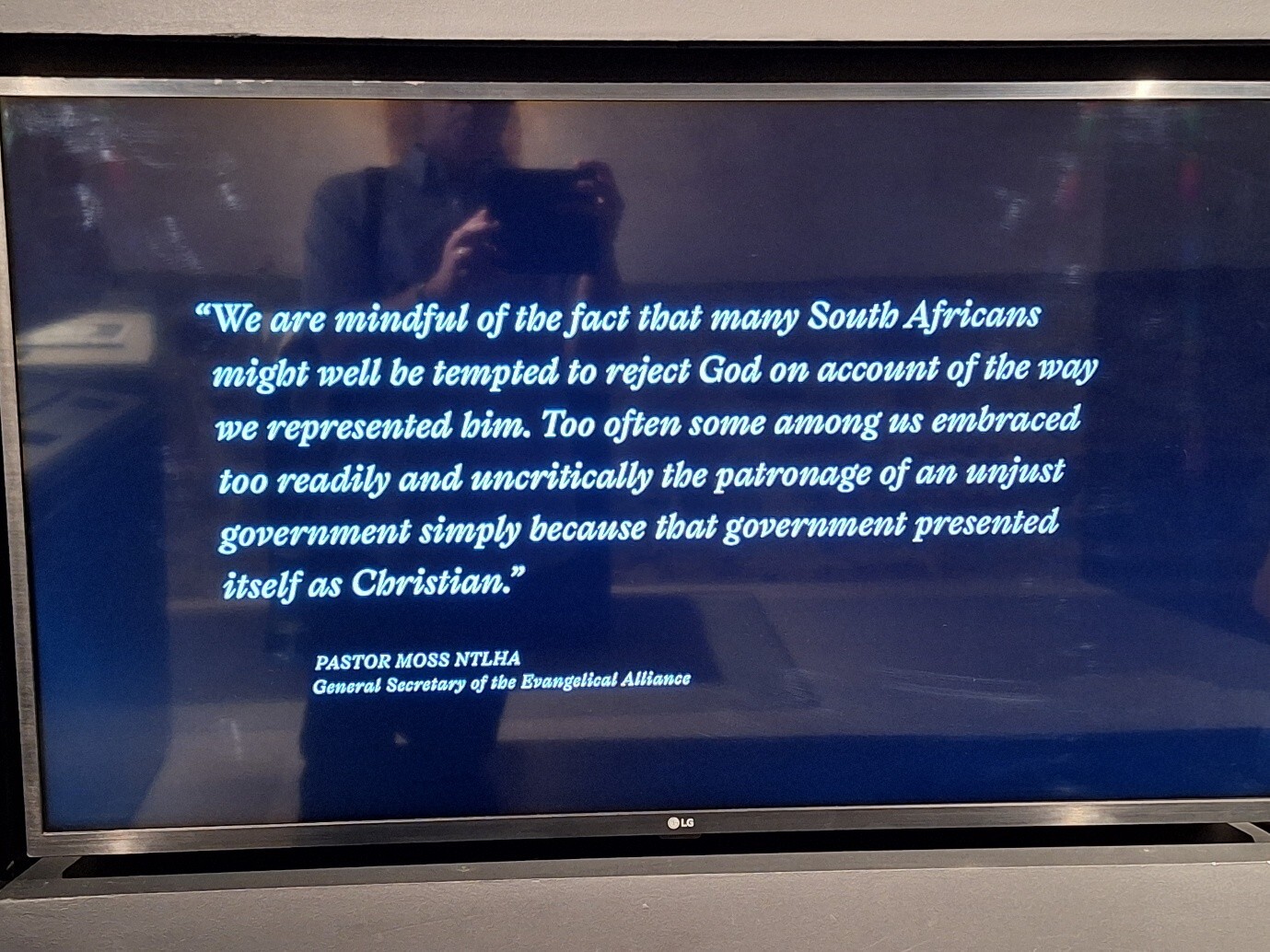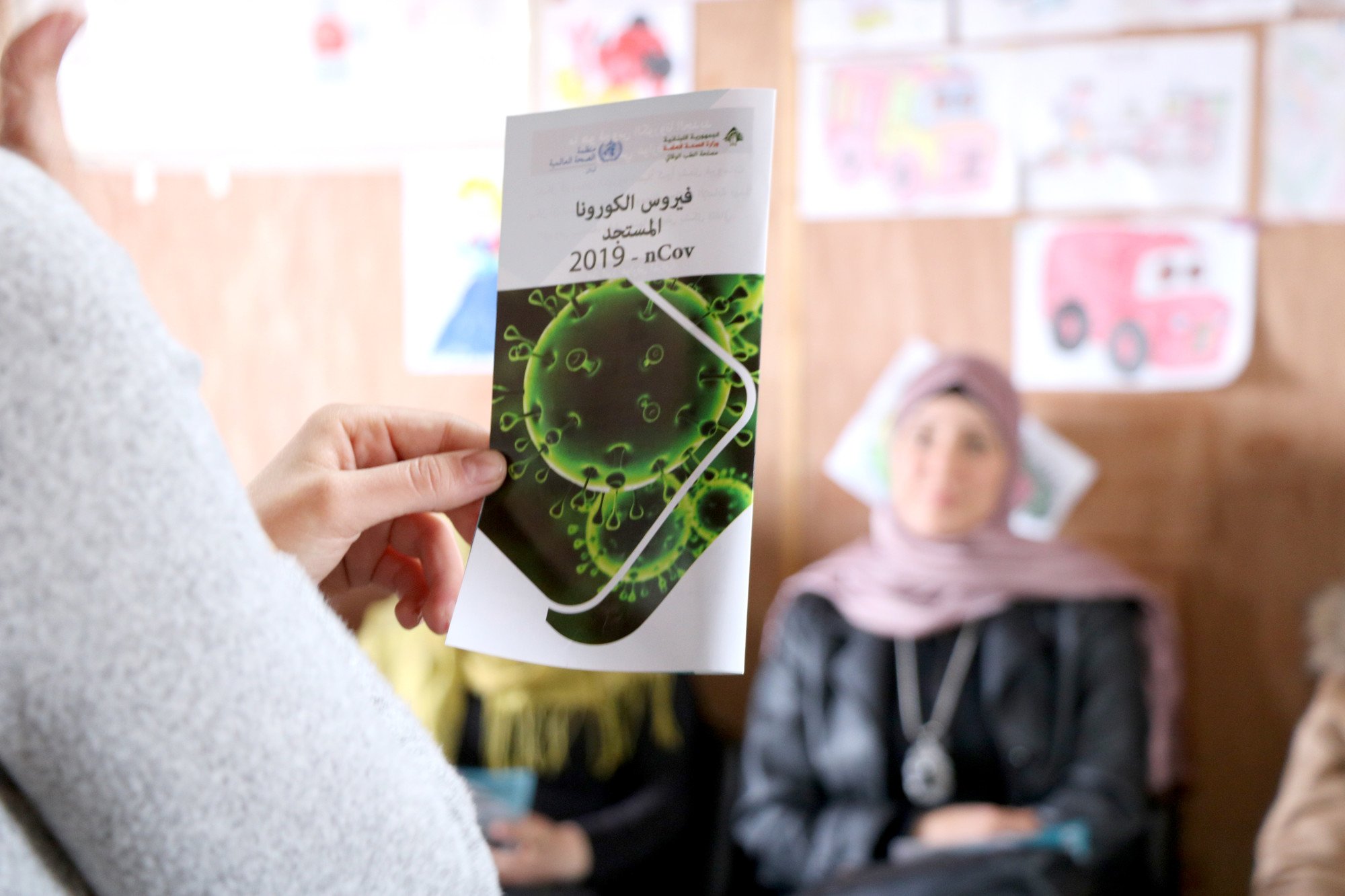
Two Atmospheres
The atmosphere inside the car was sombre, quiet, and reflective. Faintly, slowly, unanswered questions were spoken into the silence.
“What could cause someone to carry out such atrocities on another human being?”
We had just left the Genocide Memorial, where we were presented with a history of Rwanda leading up to and including the 1994 genocide against the Tutsi. Prior to entering the memorial, we knew what we were there to observe. But, having only vague memories and a cursory knowledge of that period of Rwanda’s history, I could not comprehend the scale of the event. Upon leaving the memorial, we were sober, stunned, and questioning what could drive people to carry out such atrocities. How could a person do such things to another human being—to their neighbours, their extended family, etc.?
Within a period of 100 days between April and July 1994, almost 1,000,000 people were killed. Hundreds of thousands of survivors were scarred, traumatised, and left to pick up the pieces. Everyone in Rwanda was impacted in some way.
“Forgiveness requires courage.”
Later that evening, we were privileged to sit with a man who, in my estimation, is one of God’s gifts to humanity. This man is not only a survivor of the 1994 genocide against the Tutsi, but he also spoke of sufferings he experienced as a child, a teenager, and as a young man prior to the atrocities of 1994.
Reverend Dr. Antoine Rutayisire, after experiencing the forgiveness of Jesus as a young man, was soon compelled to extend forgiveness to those who oppressed him and his family. His message of reconciliation prior to and through the events of 1994 caught the attention of senior people within the new government, and in 1995, he was appointed to the Commission for Reconciliation. On this commission, he served four terms, three of which were as Vice Chair.
Our mood had changed, and the atmosphere in the room was filled with hope as Dr. Antoine patiently responded to our questions with wisdom, grace, and strength. Three things stood out to me.

Credit: Sean Copeland, Tearfund Ireland
He told us how the country needed to heal in order to move on, but the challenges within the judicial system were preventing progress. He shared how the Commission devised a strategy for categorising those who should stand trial for their actions. Based on the number of people and the speed of the judicial system, it would take 300 years to process all these cases.
But the Commission was determined to allow the traditional Rwandan system of community-based justice to address the crimes. This system, called Gacaca (Ga-cha-cha), involved people in the community holding ‘court’ within the villages and the people of the community acting as jurors. This meant that the survivors would stand face-to-face with the accused and, in the spirit of Gacaca, speak truth to one another. Depending on the response of the accused, the villagers would assign the sentence that the accused was bound to uphold.
The Commission insisted that the Gacaca operate (1) not with punitive intent but with the principle of reconciliation and (2) that each village trial establish justice without compensation. The Gacaca system was so successful that all the cases were heard within a period of six years.
In a nation where deep divisions degenerated into the 1994 genocide against the Tutsi, the last 30 years have seen amazing progress. There has been deep work towards reconciliation, unity, and a shared identity—"we"are all Rwandans.”
“I am talking about things I saw.”
Dr. Antoine reminded us that this unity requires effort from all levels of government, civil society, church leaders, and individuals. On this matter, he exhorted us, as leaders of Christian INGOs that work with the Church, to be discerning about the times in which we live. The Church must recognise injustice and be prepared to speak against evil.
He spoke of how some Christians have altered biblical principles to support injustices. While others have, for many reasons, been silent about injustice and, as a result, have lost their prophetic voice, Looking squarely into the eyes of each person in the room, he admonished us, “Speak against evil. Raise your voice against injustice.”
The other exhortation he gave us was, “Pray. Prayer is the most powerful weapon, but we do not train people on how to use it. Do not let prayer be neglected in your Christian organisations.”
Forgiveness requires courage, and reconciliation is to be celebrated as a gift from God. But speaking against injustice also requires courage, and we must be prepared to pay the price for doing so. And, in all things, pray.
Cover Photo: Maxime Niyomwungeri
_RGB_AW.png?width=273&height=130&name=TF_Global_Logo_(Ireland)_RGB_AW.png)
